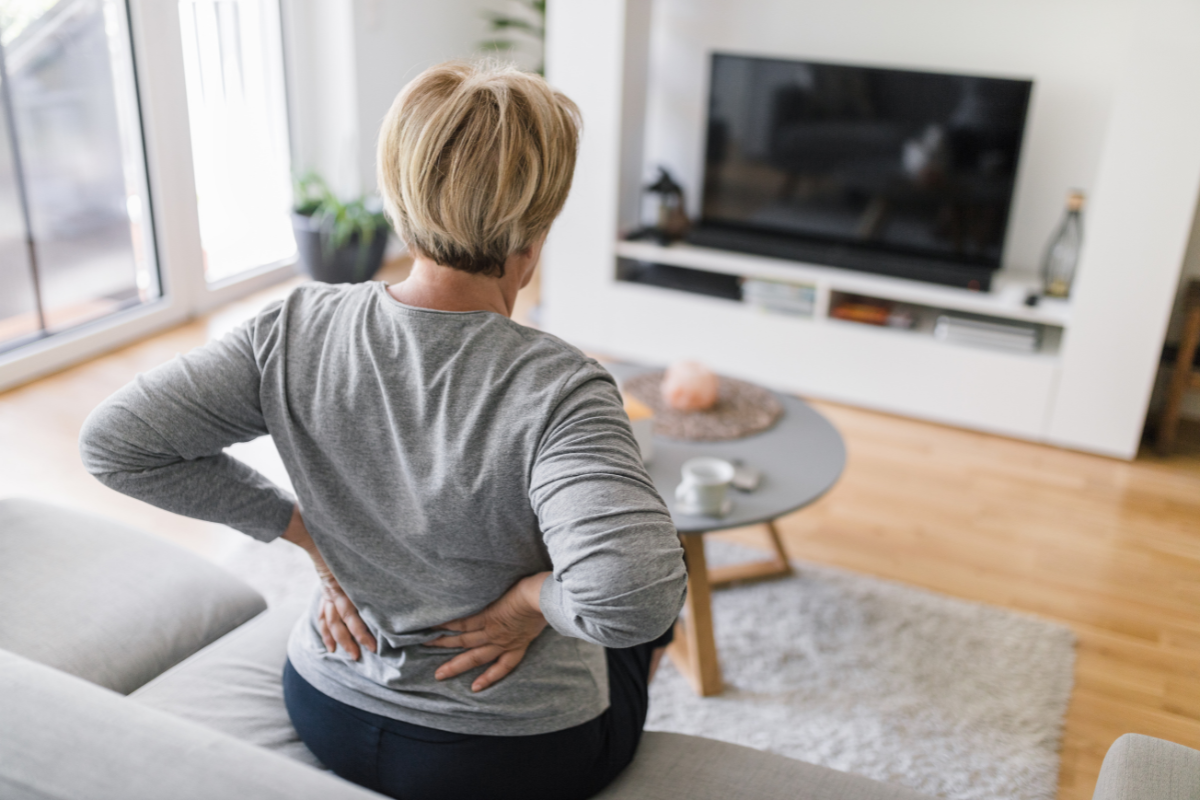You're probably familiar with that irksome feeling after a night of poor sleep – the irritability, heightened emotions, and overwhelming fatigue. However, these are just the tip of the iceberg when it comes to the ramifications of sleep deprivation. The truth is, inadequate sleep can pave the way for a host of mental and physical health problems that are anything but simple.
In the grand tapestry of well-being, sleep holds a place every bit as crucial as nourishing food, clean water, and exercise. And we’re not alone in echoing this sentiment. The Centers for Disease Control and Prevention recognizes sleeplessness as a genuine public health concern.
While the precise mechanics of sleep still contain elements of mystery, emerging research underscores the central role of your body's circadian rhythm, or sleep-wake cycle, in numerous bodily functions.
Sleep isn't just about maintaining alertness – it's a cornerstone for your body to operate at its best. From mood regulation and energy levels to disease management and weight control, sleep threads through every facet of your well-being.
The Perils of Sleep Deprivation: Unveiling Three Key Risks
The real danger of sleep deprivation lies in its far-reaching impact. It doesn't solely target a single aspect of health; it casts a wide net that envelops numerous dimensions of mental and physical well-being. Among them, three primary risks emerge:
- Sluggish Reaction Time:
A lack of sleep slows down your reaction time, making activities like driving or handling power tools more hazardous. In fact, a study revealed that driving while drowsy is nearly as perilous as driving under the influence.
- Diminished Cognitive Function:
Your ability to think clearly and process information is dulled by sleep deprivation. If you're sleep-deprived, memory retention, decision-making, and information processing become formidable tasks. This underscores the importance of securing a solid night's sleep before critical events at work, school, or home.
- Heightened Emotions:
As your reaction time and cognitive prowess diminish, your emotions are primed to go into overdrive. This means that conflicts with colleagues or loved ones are more likely, and you may be prone to magnifying issues beyond proportion.
Mastering Your Circadian Rhythm for Better Sleep
Taking charge of your daily routine and optimizing your sleeping environment can make a world of difference in securing uninterrupted, rejuvenating sleep. Starting tonight, you can embark on a journey toward enhanced sleep quality and quantity. Here are actionable steps to guide you back to tranquil slumber – where you'll be sleeping soundly in no time.
Establish a Consistent Sleep Schedule:
Stick to a consistent bedtime and wake-up time, even on weekends. This helps regulate your body's internal clock, potentially aiding in both falling asleep and staying asleep.
Craft a Relaxing Bedtime Ritual:
Engaging in a calming, routine activity before bedtime in dim lighting can disengage your mind from activities that provoke excitement, stress, or anxiety, which can hinder falling asleep and maintaining deep sleep. Think a candlelit bath, or light stretching and meditation.
Curate Your Sleep Space:
Design your sleeping environment to nurture the ideal conditions for rest. Maintain a cool room temperature between 60 and 67 degrees Fahrenheit and ensure your bedroom is free of noise disruptions.
Manage Your Exposure to Light:
Leverage bright light exposure to regulate your circadian rhythms. Minimize exposure to bright light in the evening and seek out sunlight in the morning to keep your internal clock aligned.
Mind Your Consumption:
Refrain from alcohol, cigarettes, and heavy meals in the evening. These substances can interfere with sleep quality. Additionally, avoid large meals a few hours before bedtime to prevent discomfort and indigestion.
Leverage Technological Assistance:
Modern technology has introduced tools to enhance our sleep experience. For instance, a substantial portion of Xen by Neuvana users report improved sleep quality after using Xen.*
If sleep troubles persist, don't hesitate to consult your doctor or seek guidance from a sleep professional. Prioritize your sleep – the gateway to a healthier, more vibrant life.
*Based on a survey involving 21 respondents who use Neuvana for 20-30 minute sessions 5-7 days per week.





